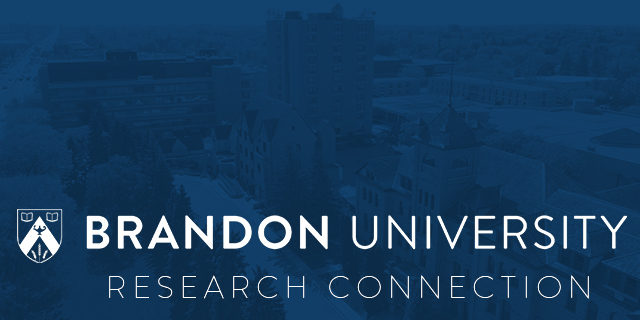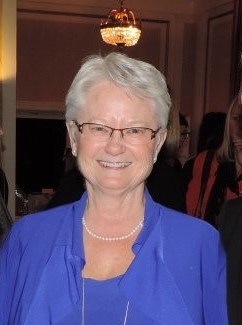
By
Kathryn Chachula, Mary Smith, and Kathryn Hyndman
March 2019
Print Version
What you need to know
The lived experience of licensed practical nurses (LPNs) pursuing a Bachelor of Nursing (BN) education is not commonly studied in Canada. Max van Manen's phenomenological methodology was used to explore the lived experience of LPNs who returned to school to pursue a BN. Five major themes were found. In summary, LPN-to-BN students had a well-developed sense of identity as nurses. These students benefited from a specifically designed, stand-alone bridge course to situate them within a BN program that lead to successful fulfillment of entry-to-practice competencies for Registered Nurse (RN) licensure in Manitoba.
Why this research is important
There is very little information about the Canadian experience of LPNs who return to university settings to obtain a BN. This is primarily due to the process being relatively new in Canada. Most of the literature explores contexts within the United States of America that are specific to LPN-to-diploma nurse preparation rather than obtaining a bachelor degree. We were also interested in understanding how LPNs experienced a bridge course that allowed entry mid-way through a BN program.
How this research was conducted
Max van Manen’s (2014) reflective inquiry into human meaning guided understanding regarding LPNs’ lived experience and meaning of returning to school as BN students. Individual interviews were conducted and transcribed verbatim. The dialogue was explored for meaning and to ‘listen’ for the participants’ lived experience across five existential facets within phenomenological inquiry.
What the researchers found
Five major themes were found:
- Seeking Advancement: Participants were motivated by the fiscal advantages of having a bachelor degree. They found there were more Canadian opportunities with BN preparation.
- Stepping Back into the Student Role: Participants had to remind themselves that they were students and had to open themselves up to being a student again, ready for new learning experiences that were different from their work experience as practicing nurses.
- Juggling Work, School, & Family: Participants had to learn to juggle multiple responsibilities.
- Struggling to be Understood: The participants commented there was a lack of awareness by faculty members in terms of the scope of practice for practical nurses; they felt they were not given sufficient credit for their experience as LPNs. They also felt unappreciated at times due to the lack of formal recognition by faculty.
- Seeing Things Differently: The participants ultimately noticed the change in their thinking to see the greater picture of a patient’s health rather than specific issues or problems. One stated “I don’t think I’ll be the same as I was before” as they opened up and accepted being a student and learning new ways of knowing as bachelor-prepared nurses.
How this research can be used
A four-week bridge course provided a solid continuation of learning into a four-year academic BN program. For educators, it is important to re-emphasize that the focus and purpose of BN programming are to meet entry-level competencies established by jurisdictional regulatory bodies for success in their new role as RNs, not simply as a refresher of what they learned in their LPN education. Of note, students who have worked as LPNs have already established a professional identity. Therefore, faculty need to establish a trusting, non-threatening environment where students are encouraged to share their feelings and fears. Student challenges can be met by demonstrating genuine respect and authentic concern for the students’ learning experiences as they tackle returning to school.
Acknowledgements
This research was supported by the Faculty of Health Studies Research Grant.
About the Researchers
Keywords
- Licensed practical nurses (LPNs)
- LPN-to-BN
- nursing students
- practical nurses
- transition
Editor: Christiane Ramsey
Read more BU Research
Research at Brandon University follows comprehensive policies designed to safeguard ethics, to ensure academic integrity, to protect human and animal welfare and to prevent conflicts of interest.



